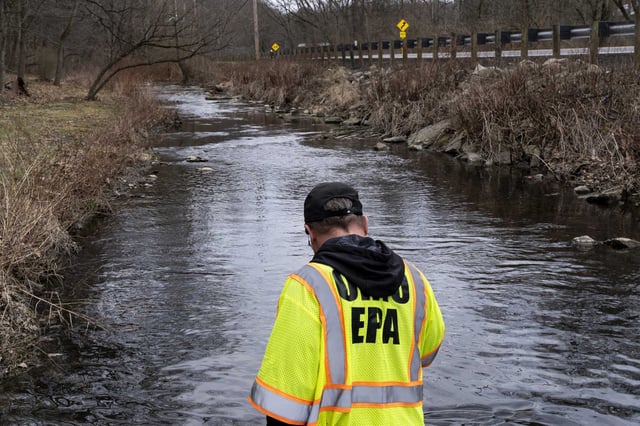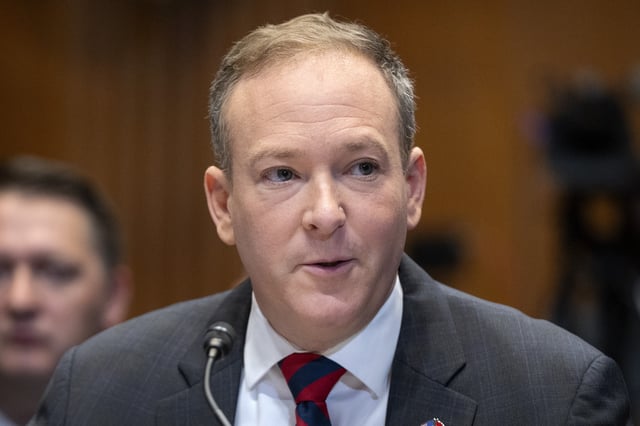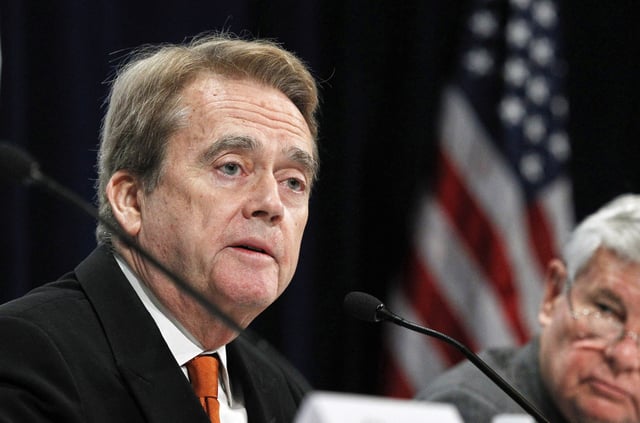Overview
- The EPA, under Administrator Lee Zeldin, announced plans to reconsider or repeal over 30 environmental regulations, including the 2009 endangerment finding on greenhouse gases.
- Critics, including former EPA leaders and environmental groups, warn the changes could reverse decades of progress in air and water quality and exacerbate public health risks such as asthma and heart disease.
- Key rollbacks include vehicle emissions standards, coal and natural gas power plant regulations, and protections for wetlands under the Clean Water Act.
- Supporters of the deregulation argue the changes will reduce regulatory costs, increase economic flexibility, and allow market-driven solutions for energy and transportation.
- The regulatory changes are expected to face significant legal challenges, with opponents citing potential environmental and health harms as well as long-term economic costs.



